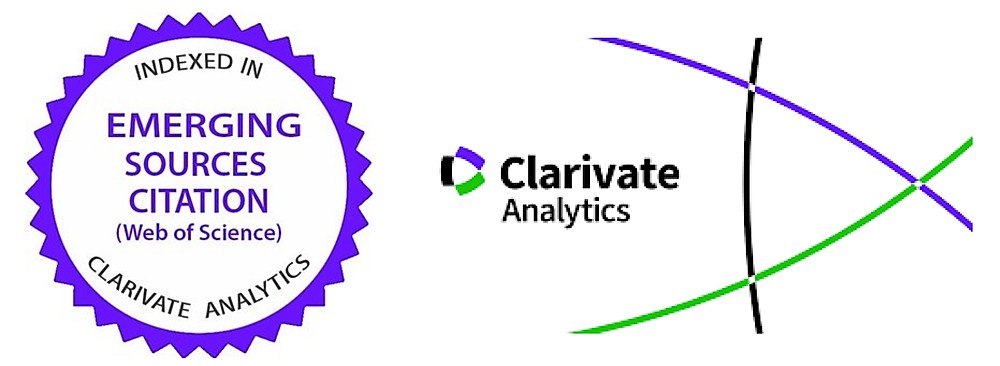Assessment of the Impact of Government Revenue Mobilisation on Economic Growth in Nigeria
Abstract
Inadequate revenue generation impedes economic growth. It retards the overall economic growth and behavior. It delays government decision formulation on expenditure. The issue has lacked attention from academics. Consequently, this study focuses on the relationship between revenue generation and economic growth in Nigeria. It employed time series data sourced from the Central Bank of Nigeria (CBN) and the National Bureau of Statistics (NBS) from 1981-2018. Contributing to the debate on the revenue mobilization and economic growth nexus, the study used multiple regression to estimate the impact of government revenue mobilization on economic growth in Nigeria. Findings revealed that domestic debts and non-oil (NOIL) revenue positively and significantly impact economic growth while external debts and oil revenue revealed otherwise. Based on the findings, the study concluded that government revenue impacts economic growth. Consequently, the study recommends economic diversification through strategic programs aimed at enhancing growth rather than remaining a mono-economy. Furthermore, it recommends that the government should review the existing revenue mobilization strategy– especially the multifarious non-oil revenue bases to ensure improved revenue remittances. The study also recommended the need to formulate policies that will guarantee better utilization of both domestic and foreign loans with the aim of increasing productivity and enhancing revenue mobilization. It is also recommended that borrowing should be considered a last resort to fund government projects, and where it is unavoidable such borrowing should be limited to domestic debt (DD).



























